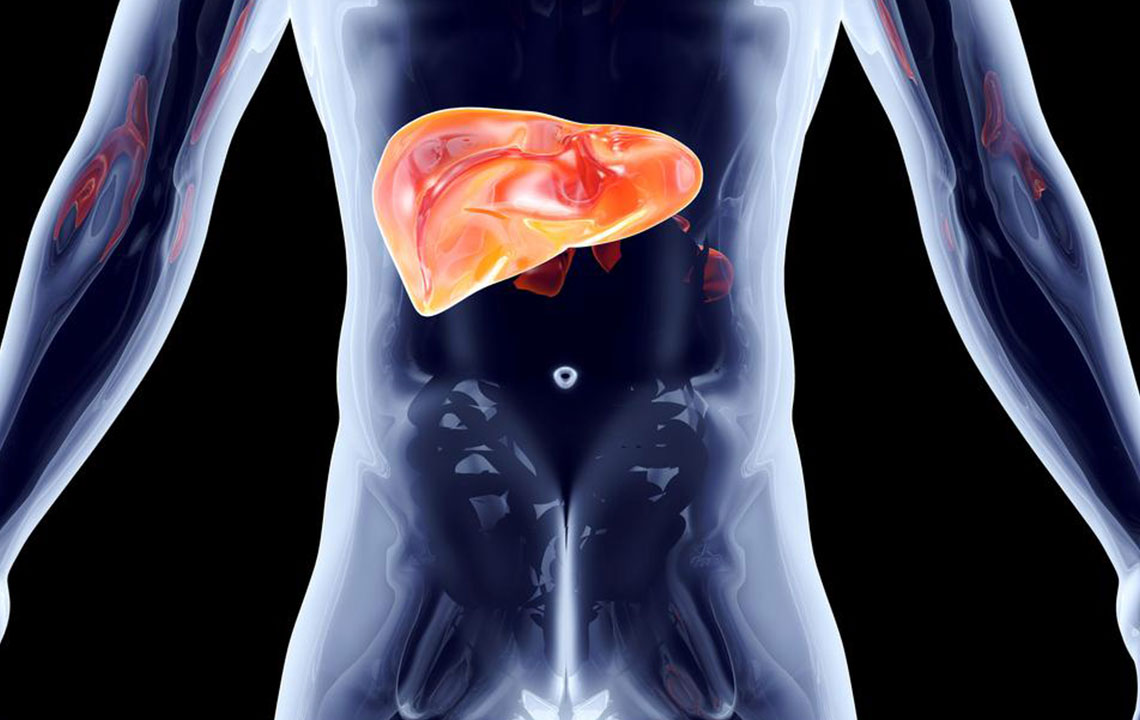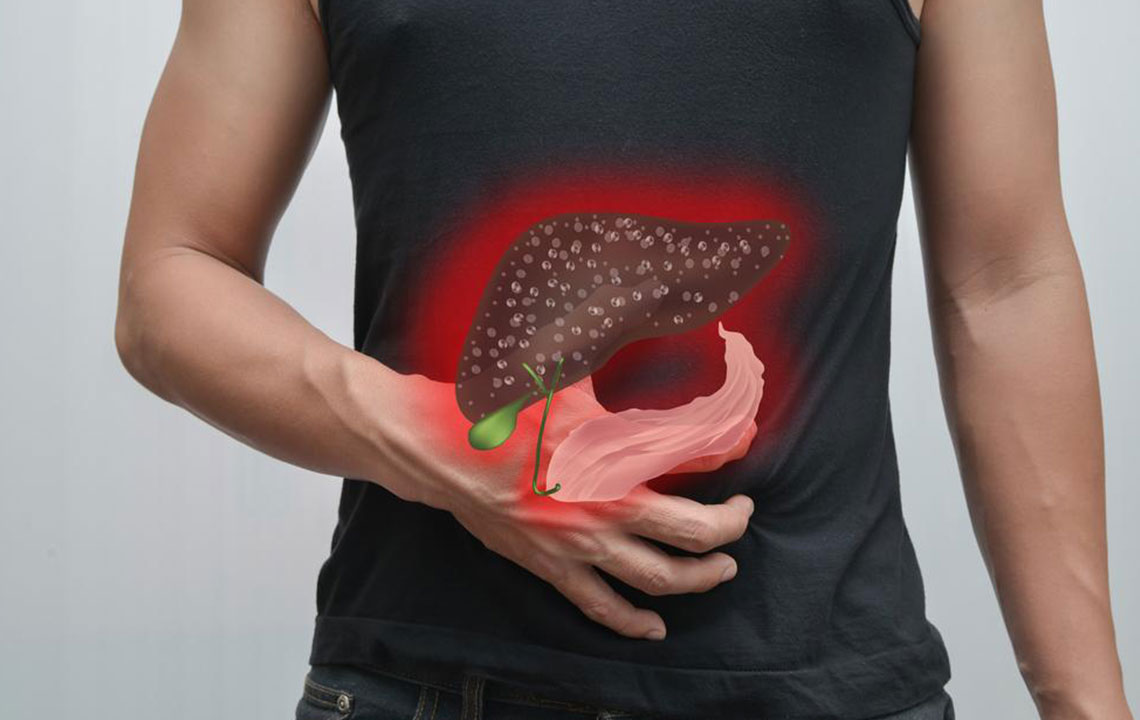Understanding Factors Behind Medication-Induced Liver Inflammation
This article explores the various factors that contribute to drug-induced hepatitis, including medication types, dosage, individual health conditions, and chemical exposures. Understanding these risks can help prevent liver damage caused by drugs and chemicals, emphasizing the importance of medical guidance during treatment.

Liver inflammation, known as hepatitis, hampers the organ's ability to function properly. One lesser-known cause of hepatitis is certain medications. Drug-induced hepatitis results from liver damage caused by specific drugs, but it isn't the only way medicines can harm the liver. Other issues include fatty liver and excess iron buildup. The liver's primary role is to process food and other substances, including medications, whether over-the-counter or prescription. In some individuals, slowed liver processing increases the risk of damage, even from small doses of certain drugs. Taking high doses or unsuitable medications can also harm a healthy liver. Common drugs linked to hepatitis include acetaminophen-based painkillers, NSAIDs like ibuprofen, and others such as steroids, antibiotics, and birth control pills. Factors like existing liver conditions, alcohol use, age, gender, multiple medications, or herbal supplements can enhance susceptibility. Chemicals like carbon tetrachloride and mushroom toxins can also damage the liver, leading to hepatitis. It's crucial to consult healthcare providers when using medications to minimize risks.










